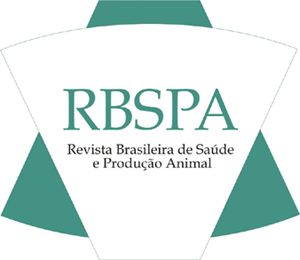Nine ruminally cannulated cows fed different energy sources were used to evaluate an avianderived polyclonal antibody preparation against specific ruminal bacteria and monensin on microbial community diversity. The experimental design was three Latin squares 3 x 3 distinguished by the main energy source in the diet [dry-ground corn grain, high moisture corn silage or citrus pulp]. Inside each Latin square, animals received one of the feed additives per period [control, monensin or polyclonal antibody preparation]. Each period lasted 21 days where 20 were used for treatments adaptation and the last one for sampling collection. Microbial diversity was evaluated by protozoa counts and denaturing gradient gel electrophoresis. Polyclonal antibodies plus citrus pulp (CiPu) addition in the diet resulted in an increase of relative counting of Isotricha protozoa that indicates a possible effect on this ruminal ciliate population. In general lines, in the present experiment, it was not possible to assign that there was a pattern in the structures of amplification of Bacteria and Archaea communities of the ruminal content. Oral passive immunization is a technology that arises as an effective alternative for feed additive production. Further research is still necessary to better understand its mechanisms of action.
denaturing gradient gel by electrophoresis; feed additive; ionophores; passive immunity; protozoa
